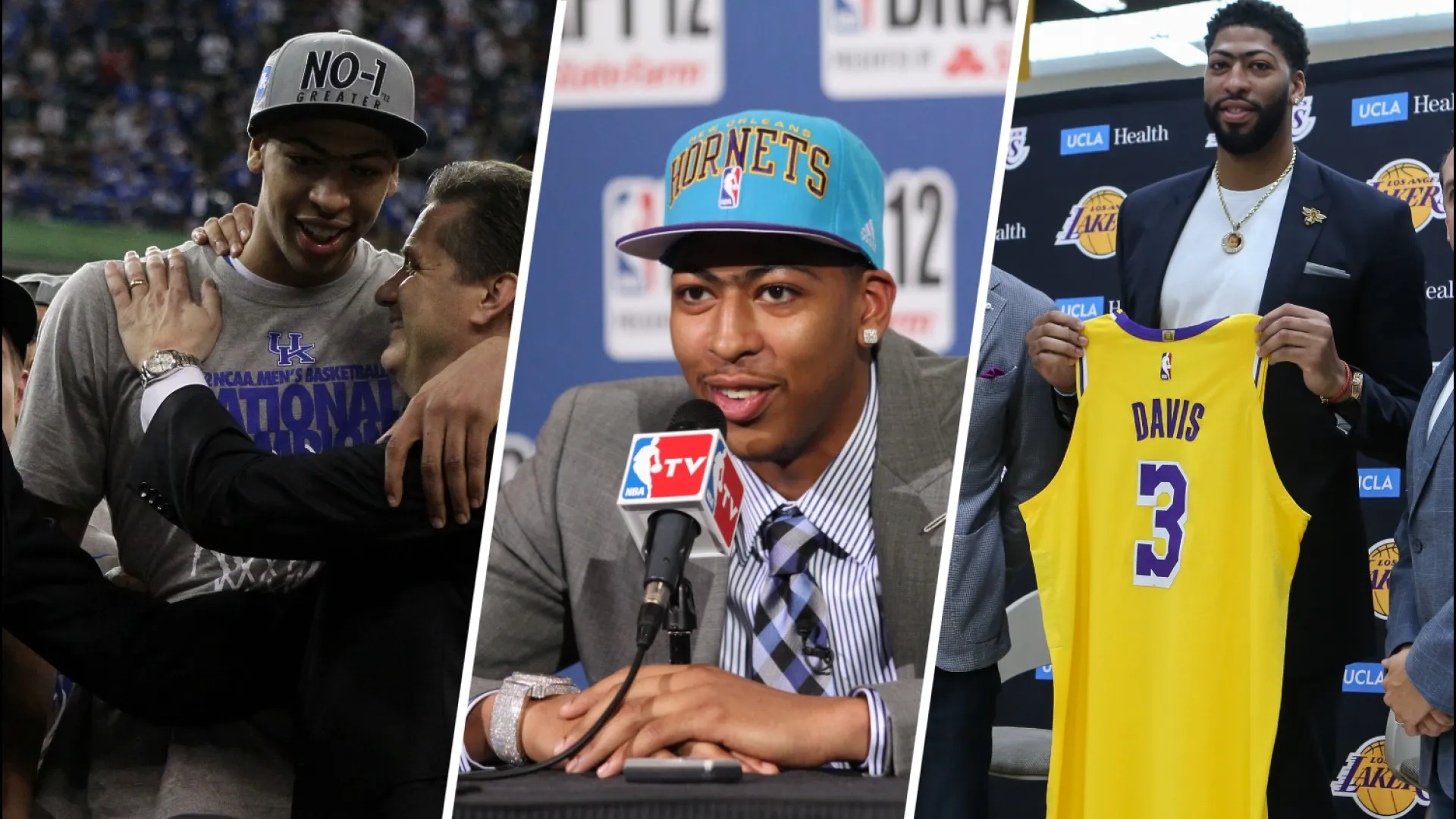
There was a degree of ickiness in covering Big Ten Media Day on Thursday, asking various teams the same questions about the Penn State scandal and if those teams planned on going after Penn State's players. Most teams said no, a few teams said yes. This in itself has sparked a good debate among people who think it's unethical to pick over the carcass of a program decimated by NCAA sanctions.
Illinois left a bad taste in everyone's mouth when they sent eight coaches to State College to talk to prospective transfers. Commissioner Jim Delany bristled at the notion of conference members being allowed to go near the Nittany Lions, but was out-voted by university presidents who unanimously agreed that any Penn State player who wanted to transfer to another school be given the opportunity to stay in the Big Ten if they desired. I tend to agree. If players want to transfer, they are going to transfer. Why should they go to Syracuse or anywhere else without an opportunity to stay in conference?
I respect Northwestern's Pat Fitzgerald and Wisconsin's Bret Bielema, who said emphatically they won't take any Penn State players, but if one of them called and said they really want to join your program and you had room, why would you turn them down? Illinois claims that's all they were doing, responding to calls from interested Penn State players. You can argue the tactfulness in which Illinois went about "fielding the inquiries," but it's not fair to call it wrong or unethical.
Stay in the game with the latest updates on your beloved Chicago sports teams! Sign up here for our All Access Daily newsletter.
The fact that we're even having this debate is what's really troubling me. On the heels of the scandal, the focus of the Big Ten was clouded by more ethical dilemmas and questions of integrity. The NCAA, by the way, could have prevented all of this in the first place by issuing the death penalty, thereby suspending the program and allowing all Penn State players to go wherever they wanted without the charges of competitive maleficence (the fairness of sanctions is another discussion, so I'll just stick to the current reality).
But that reality has me down. It led me to ask coaches and players on Thursday if the culture of college football is out of control. Of course, they said no, they all still believe in college football, it has changed their lives for the better. The most encouraging response came from NU's Fitzgerald.
"Unfortunately, there's been a very terrible tragedy, a set of circumstances that are unfortunate," Fitzgerald said. "The conference has a black eye and that's understandable. I don't want to mitigate the tragedy at Penn State, but we're going to have to move forward and learn from it. And if we don't, that would be the real tragedy. In society if a tragedy like this happens again, then shame on all of us."
Still, I was looking for more. I wanted to look into the eyes of a 19-20 year old and see that college athletics means something to him beyond the dollars signs of a potential NFL career, or the perks that go along with being a star athlete on campus. I admit putting them on the spot, but part of the burden falls on their shoulders to help us believe in the good of college football again.
Illini quarterback Nathan Scheelhaase offered this:
"The thing you have to think about at the end of the day, every day is the victims, you have to feel for them and have to understand why people are upset," Scheelhaase began. The first person on the day I heard mention the victims. Thank you, Nathan.
"As a player, it's tough to go through," he continued. "Because you didn't have anything to do it with it. I can only speak for my experience and what college football has meant to me. I would not have been able to travel to great places or meet the awesome people I've met if it weren't for playing college sports. I've grown tremendously from it."
I was starting to turn the corner until I actually had a chance to talk to Penn State head coach Bill O'Brien and the three players he brought along to the media session. I give them credit for showing up since reports the day before said no Penn State players would be attending media day. Their motto was about sticking together, being a family and taking an us-against-the-world approach. I don't blame the players, they aren't responsible for Jerry Sandusky's actions, but a little sensitivity would go a long way in helping restore the image of the school and program they profess to love so much.
Nobody really wants to hear O'Brien talk about business as usual and how he still expects 108,000 fans to pack the stands and how they are going to 'fight their butts off'. It sends the message that we have learned nothing. We, as a schoolprogram, are sorry for nothing. No, O'Brien wasn't there when all of this went down, but he's there now and he'll have to share in the burden of changing the culture.
We all have to share in that burden. The media, the fans, we all have a role to play in bringing perspective back to college athletics. Which is why I had a hard time talking X's and O's on Thursday and getting too excited about the upcoming season. I'm sure I'll come around.
Until then, I'm more interested in how coaches and players around the country, or at least in the Big Ten, can demonstrate how they are going to repair their sports tarnished image. And, if Team Outlaw, the new moniker Penn State has embraced, will further disgrace itself or prove further why it should have been outlawed altogether.
Be sure to tune in to SportsNet Central tonight at 10 p.m. on Comcast SportsNet for Fischer's report on this topic.


